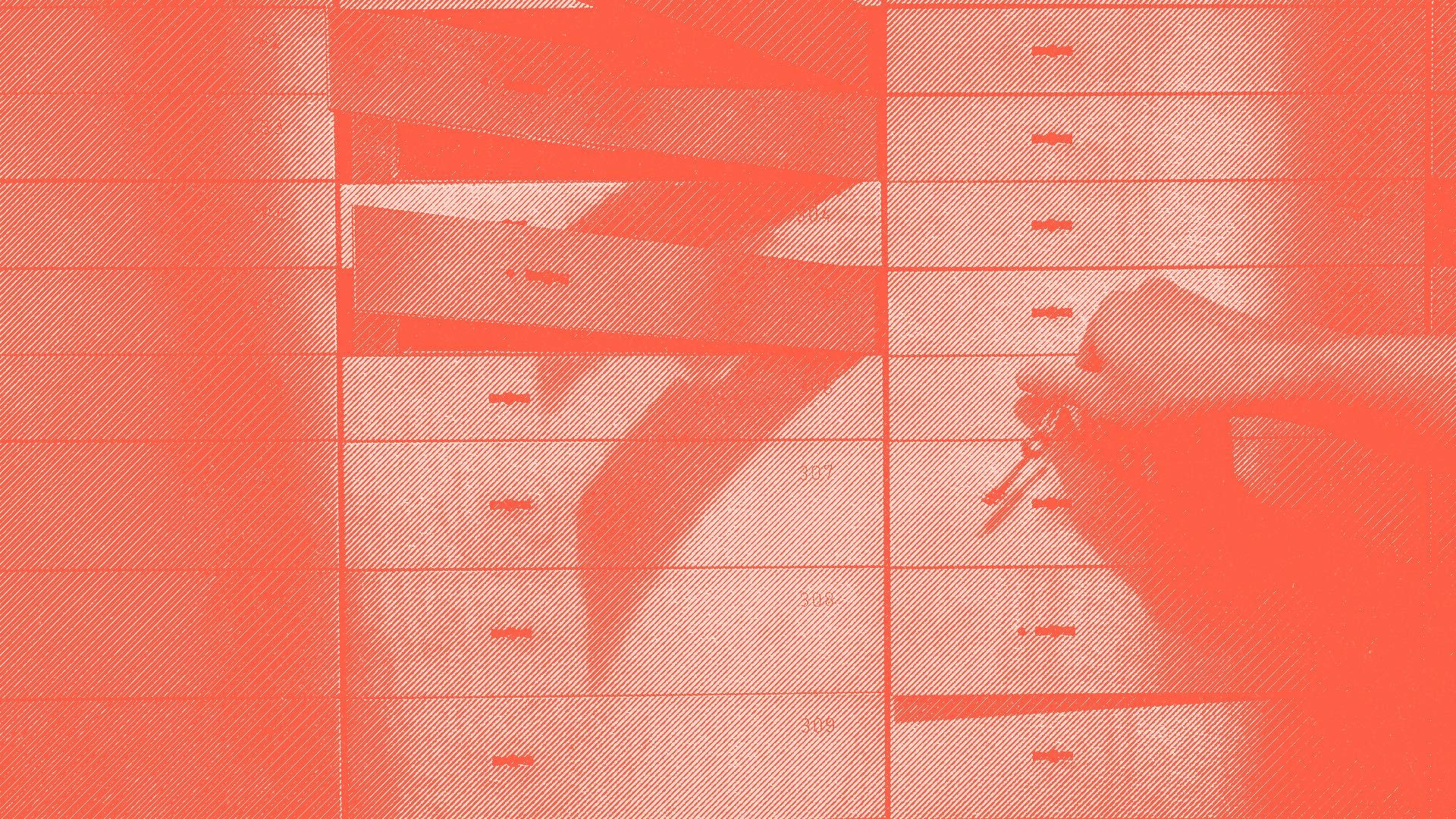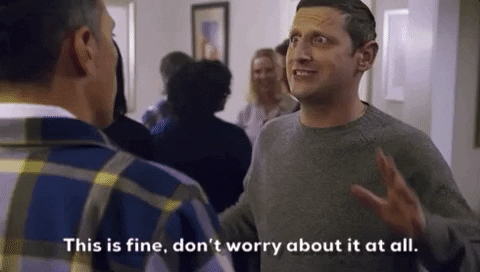Don’t invest unless you’re prepared to lose all the money you invest. This is a high‑risk investment and you should not expect to be protected if something goes wrong.
Wide-eyed Terra
March 30, 2022

Terra is buying billions in Bitcoin and the price is surging. Is it just a Ponzi primed to collapse?
In case you hadn’t noticed, the price of Bitcoin has started going up again. As with most of these moves, looking back on the last three months of brutal chop, negative news and confident calls that “BTC was going to US$10k!!!!”, the only possible direction was up.
Even so, the temptation to look for proximate causes is strong. Certainly there’s been relief across the board for stocks, pummelled by war and the spectre of rising interest rates. It makes sense that crypto would edge up as well; the correlation between the two asset classes is as strong as it’s been since the March 2020 flash crash.
But for Bitcoin there may be something else at play: the announcement from Terra (LUNA) CEO, Do Kwon, that they were going to to prop up their stablecoin, a position that would make Terra – a volatile, oblique and largely untested DeFi platform – the largest corporate holder of Bitcoin in the world.

Please, sir, can I have another 2,500 BTC?
Since the announcement, Terra has been buying Bitcoin each day in chunks of US$125 million. So far, they’ve accumulated almost , or around US$1.344 billion.
So, why is Do Kwon buying all this Bitcoin? In short, Terra’s need for BTC is existential.
I wrote about the mechanics of the LUNA–UST-Anchor Protocol (ANC) system in , so I won’t rehash it in detail here. Quick version: Terra burns LUNA to create UST, which is deposited to ANC for fixed 20% returns; LUNA is minted and sold to redeem UST, meaning large withdrawals could cause the price to crash and the USD peg to fail.
By building a BTC treasury, Do Kwon is spreading the systemic risk of the LUNA-UST-ANC daisy chain to the Bitcoin/crypto markets at large. Functionally it’s not that different from the reserve requirement that all banks are subject to. The Bitcoin treasury exists to cushion a bank run that could otherwise cause a LUNA-UST death spiral.
Unfamiliar terrain
Everyone wants UST right now because ANC’s 20% yields are, I believe the term is, unfuckwithable. Since November (i.e. the start of the bear market), the amount of UST in circulation has gone up 800% and is still increasing by roughly US$100 million per day. At US$16 billion, UST is almost twice as large as DAI, the second largest algorithmic stablecoin.
But the question has been asked: what happens when the money dries up and ANC can’t offer 20% yields anymore? Only a few days ago, allowing the APY to change. If it decreases, people may want to cash out their UST to pursue yield elsewhere. It wouldn’t take much for those US$125 million transactions to start flowing in the other direction.
Now let’s imagine a mass panic event; say, a large-scale exploit of ANC. Overnight, billions of UST are redeemed for LUNA. To prevent the wholesale collapse of the ecosystem, Terra sells an equivalent amount of BTC instead. Right now we’re being thrilled by US$125 million buys. What happens in the case of a US$3 billion sell?
Feel the yield
If crypto is the Wild West, then DeFi is an alien planet on the other side of Andromeda. The things that are happening are so new, so unpredictable, so exceedingly complicated that it can feel as if they’re defying the laws of physics. But one can only escape gravity for so long and if the money stops flowing… well.
To be sure, Terra should be applauded for attempting to shock-proof its ecosystem. The more broadly integrated these sorts of protocols become, the less chance a single point of failure can take the whole thing down. That’s decentralisation for ya.
But it also represents one of the first true contagion risks a DeFi protocol has exerted on the broader cryptoverse. For better or worse, we all now have a stake in Terra’s success – or its ability to . Let’s hope our faith isn’t misplaced.
Luke from CoinJar
Don’t invest unless you’re prepared to lose all the money you invest. This is a high‑risk investment and you should not expect to be protected if something goes wrong. Take 2 minutes to learn more: .
Cryptoassets traded on CoinJar UK Limited are largely unregulated in the UK, and you are unable to access the Financial Service Compensation Scheme or the Financial Ombudsman Service. We use third party banking, safekeeping and payment providers, and the failure of any of these providers could also lead to a loss of your assets. We recommend you obtain financial advice before making a decision to use your credit card to purchase cryptoassets or to invest in cryptoassets. Capital Gains Tax may be payable on profits.
CoinJar’s digital currency exchange services are operated in Australia by CoinJar Australia Pty Ltd ACN 648 570 807, a registered digital currency exchange provider with AUSTRAC; and in the United Kingdom by CoinJar UK Limited (company number 8905988), registered by the Financial Conduct Authority as a Cryptoasset Exchange Provider and Custodian Wallet Provider in the United Kingdom under the Money Laundering, Terrorist Financing and Transfer of Funds (Information on the Payer) Regulations 2017, as amended (Firm Reference No. 928767).
EU residents: CoinJar Europe Limited (CRO 720832) is registered as a VASP and supervised by the Central Bank of Ireland (Registration number C496731) for Anti-Money Laundering and Countering the Financing of Terrorism purposes only.
On/Offchain
Your weekly dose of crypto news & opinion.
Join more than 150,000 subscribers to CoinJar's crypto newsletter.
Your information is handled in accordance with CoinJar’s .
More from CoinJar Blog
Cryptoassets traded on CoinJar UK Limited are largely unregulated in the UK, and you are unable to access the Financial Service Compensation Scheme or the Financial Ombudsman Service. We use third party banking, safekeeping and payment providers, and the failure of any of these providers could also lead to a loss of your assets. We recommend you obtain financial advice before making a decision to use your credit card to purchase cryptoassets or to invest in cryptoassets. Capital Gains Tax may be payable on profits. CoinJar’s digital currency exchange services are operated in the UK by CoinJar UK Limited (company number 8905988), registered by the Financial Conduct Authority as a Cryptoasset Exchange Provider and Custodian Wallet Provider in the United Kingdom under the Money Laundering, Terrorist Financing and Transfer of Funds (Information on the Payer) Regulations 2017, as amended (Firm Reference No. 928767).
Apple Pay and Apple Watch are trademarks of Apple Inc. Google Pay is a trademark of Google LLC.
This site is protected by reCAPTCHA and the and apply.